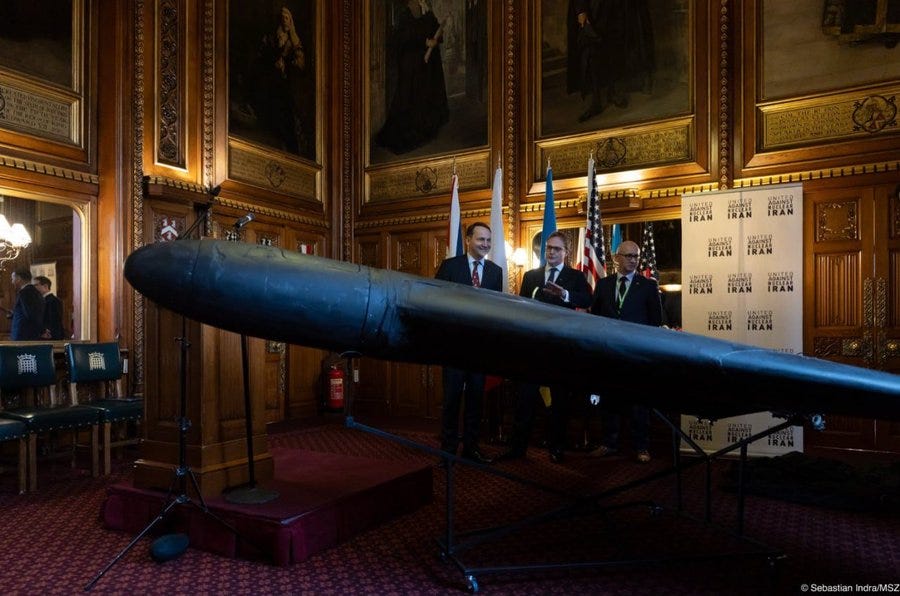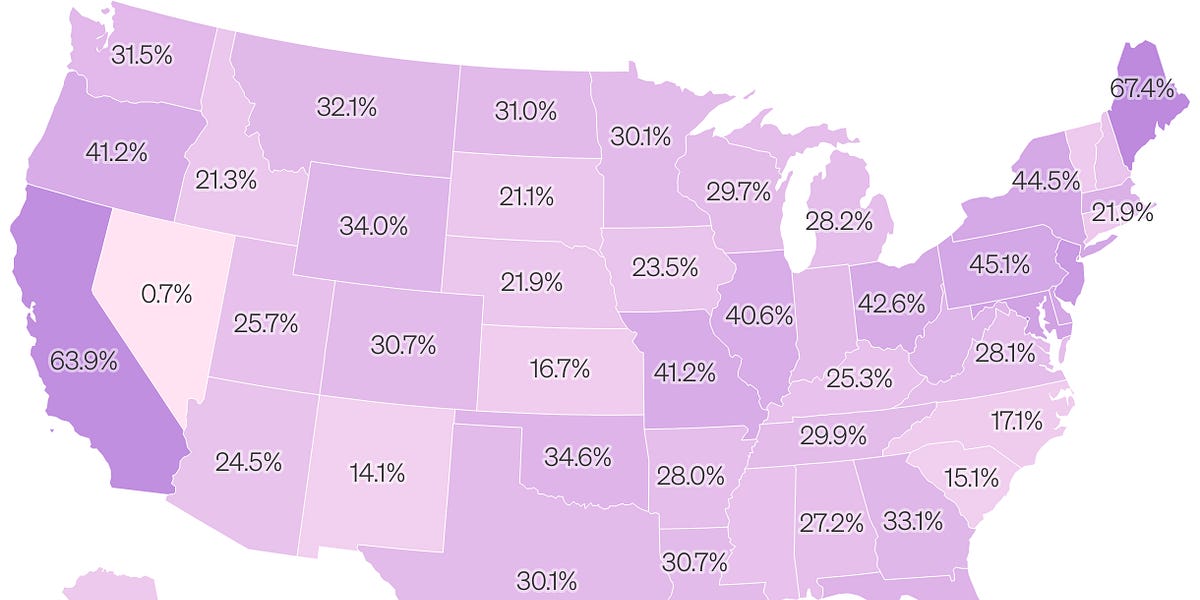

A 500% increase in wages and yet i still keep reading on Hexbear in very well upvoted comments that wages in China are stagnating and that workers have seen no increase in their standard of living despite the economic growth because China is neoliberal. Not pointing any fingers at any particular commenter…























I will add one caveat to this which is that you will frequently see the term “accelerationism” used incorrectly by disingenuous liberals in an attempt to intimidate or shame communists and other leftists out of sticking by our principles. According to these people the definition of accelerationism is “when you don’t vote for or support Democrats”. That is of course ridiculous and people who say such things should be ridiculed.